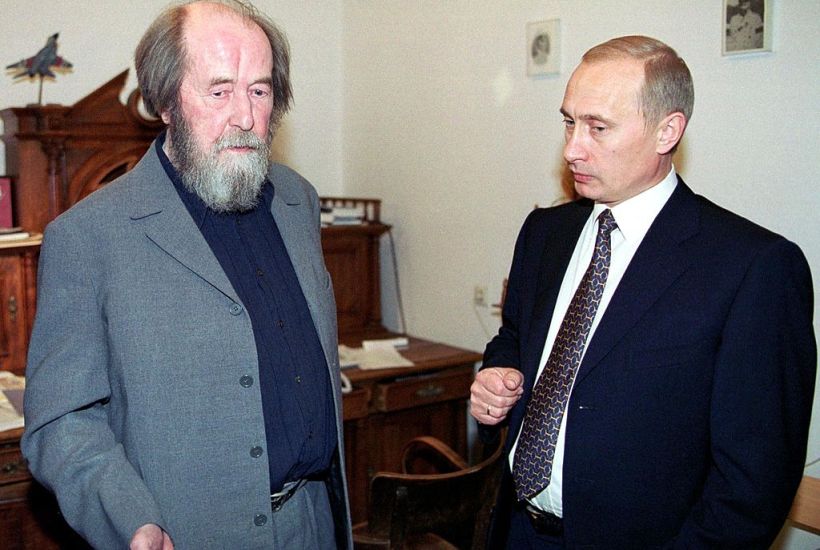A Day in the Life of Ivan Denisovich, Aleksandr Solzhenitsyn’s first novel, appeared 60 years ago this month. Vividly portraying a normal day in the life of a Gulag prisoner, it was followed by Solzhenitsyn’s two great anti-Stalinist novels, The First Circle and Cancer Ward (both 1968), which helped establish the Soviet dissident-in-excelsis as a modern-day Tolstoy and a darling of the Cold War West.
Already a subscriber? Log in
Subscribe for just $2 a week
Try a month of The Spectator Australia absolutely free and without commitment. Not only that but – if you choose to continue – you’ll pay just $2 a week for your first year.
- Unlimited access to spectator.com.au and app
- The weekly edition on the Spectator Australia app
- Spectator podcasts and newsletters
- Full access to spectator.co.uk
Or




















Comments
Don't miss out
Join the conversation with other Spectator Australia readers. Subscribe to leave a comment.
SUBSCRIBEAlready a subscriber? Log in